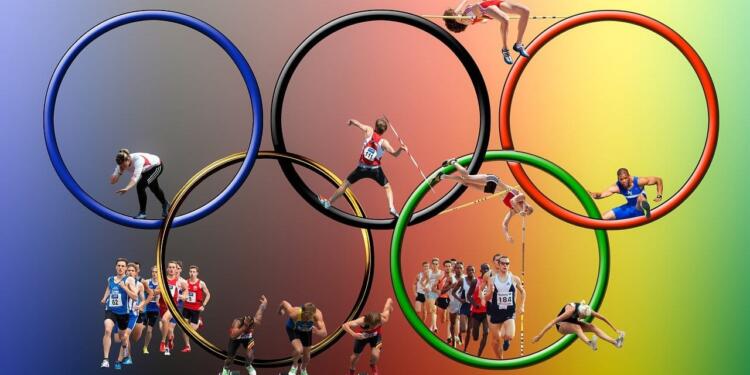Participating in the Olympics demands unwavering commitment. Athletes dedicate years to rigorous training, making countless sacrifices to perfect their craft. The Olympic Games represent the pinnacle of athletic achievement, where competitors from around the world showcase their talents on a global stage. Even among top competitors, only a select few achieve the ultimate goal of securing a gold medal.
Breaking Barriers at the Olympics
The 2024 Paris Olympics witnessed a historic moment when Manu Bhaker, a 22-year-old Indian shooter, clinched the bronze medal in the 10-meter air pistol event. This achievement marked a significant milestone for Indian women in Olympic shooting. Bhaker’s success demonstrates the growing prowess of Indian athletes in international competitions. Abhinav Bindra, India’s sole Olympic shooting gold medalist, praised Bhaker’s relentless dedication and passion on social media. Such accomplishments inspire future generations of athletes to pursue their Olympic dreams.
The Olympic Medal Paradox
Intriguingly, research suggests that Olympic bronze medalists often express more happiness than their silver-winning counterparts. This phenomenon has caught the attention of researchers and sports enthusiasts alike. The Olympics not only test physical abilities but also reveal fascinating aspects of human psychology and emotion.
Unveiling the Olympic Medal Happiness Study
In 2021, researchers from the University of Minnesota and the University of Iowa conducted a comprehensive study involving 413 Olympic athletes. They analyzed photographs from medal ceremonies between 2000 and 2016, using artificial intelligence to examine facial expressions. The study covered athletes from 67 nations, utilizing images from the Olympic World Library, Getty Images, and Sports Illustrated’s Olympic finish predictions. This extensive research provided valuable insights into the emotions displayed by athletes during one of the most significant moments of their careers.
The study revealed that bronze medalists generally appeared happier than silver medalists, despite achieving a lower ranking. This counterintuitive finding challenges our assumptions about success and satisfaction in Olympic competitions.
The Psychology Behind Olympic Medal Satisfaction
Experts attribute this phenomenon to “counterfactual thinking” – the tendency to consider alternative outcomes. Silver medalists often focus on narrowly missing gold, engaging in “upward comparison.” They may dwell on the small margins that separated them from the top spot, leading to feelings of disappointment or frustration.
In contrast, bronze medalists typically experience relief and gratitude for securing a place on the podium, practicing “downward comparison.” They often reflect on how close they came to leaving without a medal, fostering a sense of appreciation for their achievement. This psychological perspective helps explain why third-place finishers at the Olympics might display more positive emotions than those who finish second.
An Olympian’s Perspective on Medal Happiness
Gary Hall Jr., a ten-time Olympic medalist, confirms this psychological effect from personal experience. He recalls the stark difference in his emotions between winning silver in Atlanta and bronze in Sydney. Hall notes that the near-miss of gold can be particularly challenging, especially when representing a country with high expectations. His insights provide a real-world example of how Olympic athletes process their achievements and the emotional impact of different medal colors.
The Broader Impact of Olympic Medal Psychology
This mindset extends beyond the Olympics, affecting everyday life. The tendency to compare ourselves to others and focus on what could have been rather than what we’ve achieved is a common human trait. Researchers caution against constant comparison, emphasizing the importance of appreciating present achievements. They encourage people to focus on personal growth rather than always measuring themselves against others.
In the context of the Olympics, this research highlights the complex nature of success and satisfaction. It reminds us that the value of an Olympic medal goes beyond its color, encompassing the athlete’s journey, personal growth, and individual perspective.
Conclusion: Embracing Olympic Success at Every Level
While the study provides fascinating insights into Olympic medal psychology, researchers acknowledge that facial expressions may not always accurately reflect inner feelings. Emotions during Olympic medal ceremonies can be complex, influenced by various factors including personal expectations, national pride, and the pressure of the moment.
Nonetheless, this research offers valuable perspectives on how athletes and individuals can approach success and disappointment in both sports and life. It encourages a more nuanced understanding of achievement, suggesting that our perception of success can significantly impact our happiness and satisfaction.
ALSO READ: Yogi Adityanath Sends a Message to Rivals with Pallavi Patel Meeting
























